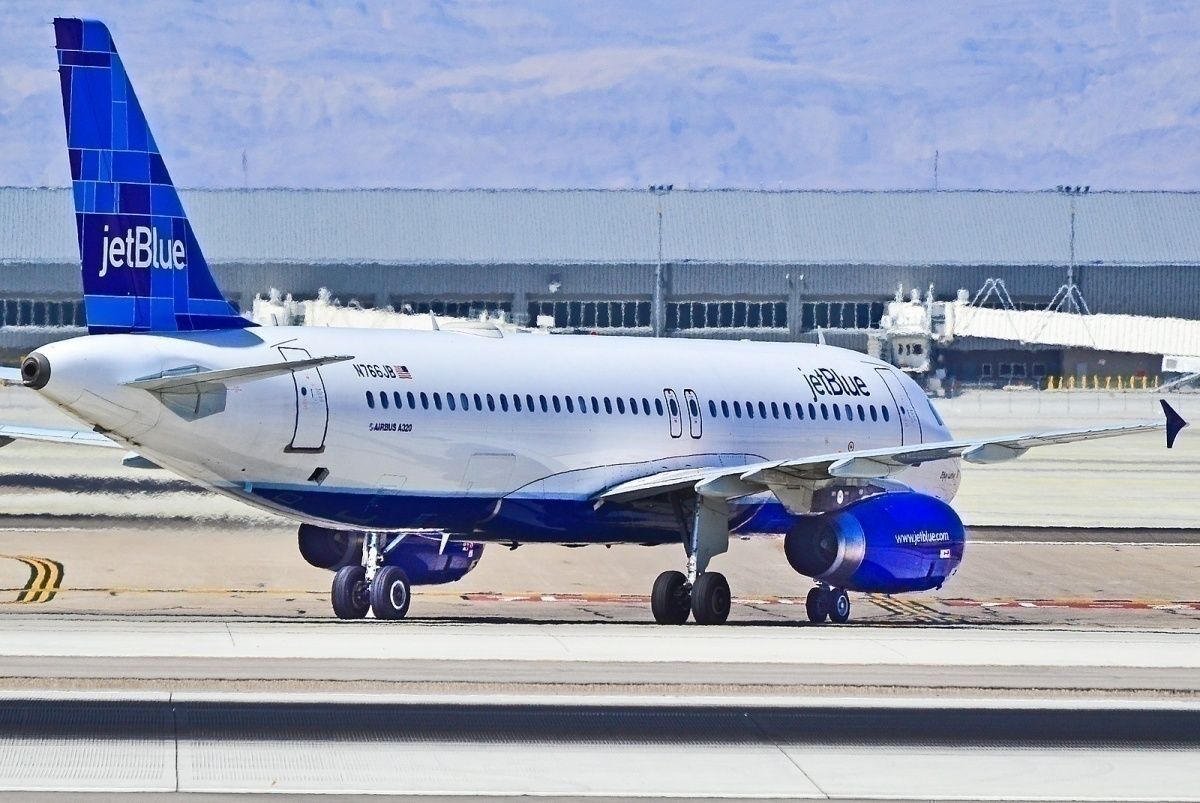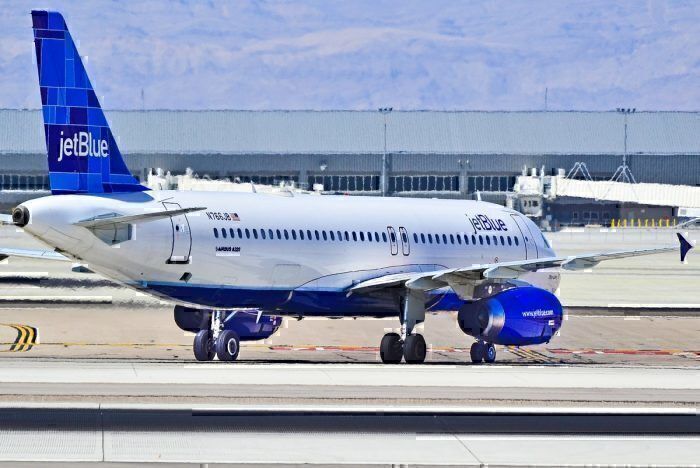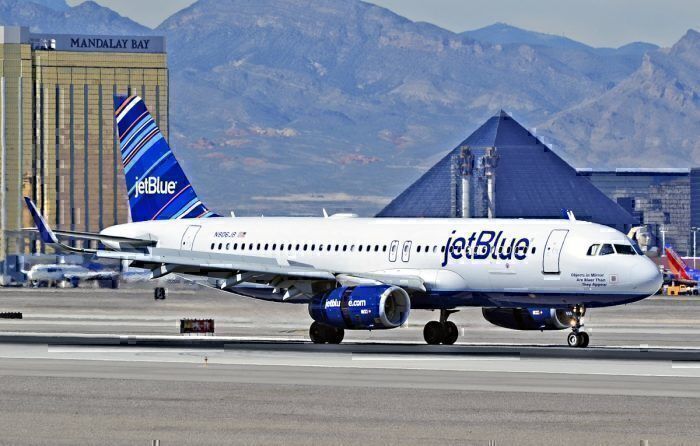**Update: 16/01/2020 @ 18:32 UTC. JetBlue provided a comment to Simple Flying. Its response is included below.**
Standardized monetary compensation from airlines to passengers is something of a novel concept in the U.S. It doesn't have the generous compensation offered in the EU. In fact, JetBlue is the only American airline to provide its customers with specific compensation rates. However this year it's gone into cost-cutting mode and dropped its maximum compensation.
Cushioning the disruption from delays
When flights experience delays or cancellations, it surely can't be the passenger's fault. That's the reason why many sectors of the aviation industry provide financial compensation to affected passengers to minimize inconvenience and maintain a positive customer experience. But not in the United States.
JetBlue is an exception to that rule. It publishes its compensation online. And that's great! If not for the fact that the airline has recently been caught short. This year, it decided to reduce the maximum amount of financial compensation it would give its customers, in comparison to 2019.
If a passenger's flight gets delayed or canceled due to what the airline calls "Controllable Irregularity", then a passenger can claim money off their next flight with JetBlue. The minimum that the airline will offer for a delay of over three hours is $50. The maximum compensation, if a passenger is subjected to an onboard ground delay of six hours or more is $250.
That's right, if you spent half of your waking day delayed with JetBlue, they'll give you just $250 to reinvest in the airline at a later date. It's not really a refund and not an incentive either. Bearing in mind also that a wait of two hours and 59 minutes or less will not be compensated at all. Ouch.
Despite this, some passengers say they have received credit from JetBlue after being delayed just one hour. It appears that compensation might still be at the discretion of personnel.
Publishing compensation rates
But publishing compensation rates is meant to be a good thing. Assuring passengers that there is some form of policy is a way of garnering a positive customer sentiment. That might have been JetBlue's initial intentions. JetBlue is rather shameless in this regard. It sees its customer compensation promise as "inspiring humanity". On JetBlue's Customer Assurance page, it goes on to state:
"We strive to make every part of your experience as simple and as pleasant as possible. But we know there can be times when things do not go as planned. If you're inconvenienced as a result, we think it is important that you know exactly what you can expect from us. That's why we created our Customer Bill of Rights. These Rights will always be subject to the highest level of safety and security for our customers and crewmembers."
That's a fair enough statement but compensation rates are meant to be a fair representation of inconvenience caused. Instead, JetBlue's promises could come across as distraction tactics. Whilst other airlines don't have standardized financial compensation, they are free to offer just reimbursement. That could mean that passengers who travel with other airlines in the U.S. receive better financial benefits if they are delayed.
Of course, there is no guarantee and this is where traveling with JetBlue has the upper hand. By standardizing its compensation, it makes it easier for customers to claim back on delayed flights rather than having to put in the effort to demand financial compensation.
Why has JetBlue decreased its rates?
As to why JetBlue has reduced its compensation, there is no official statement. We contacted the airline for its comment on the matter and it told us:
"Our Customer Bill of Rights empowers customers with clear and transparent information about our commitment to exceptional customer care when travel does not go according to plan. We periodically review and update our Customer Bill of Rights, and it continues to be one of the most competitive in the industry."
If we speculate, it could be to do with cost-cutting which ties into JetBlue's on-time performance rating. According to official figures from the Bureau of Transportation Statistics, between January 2019 and October 2019, JetBlue flights were delayed more than a quarter of the time. 26.5% of flights in these periods were delayed mainly due to aircraft arriving late or delays with the airline. The payout on that front can't have helped the air carrier's revenue.
But perhaps this conclusion is too cynical. Could JetBlue be moving more towards the old method of operating? Could these new rates be advisory compensation to be used at the discretion of individuals?
What do you think? Let us know in the comments below!




